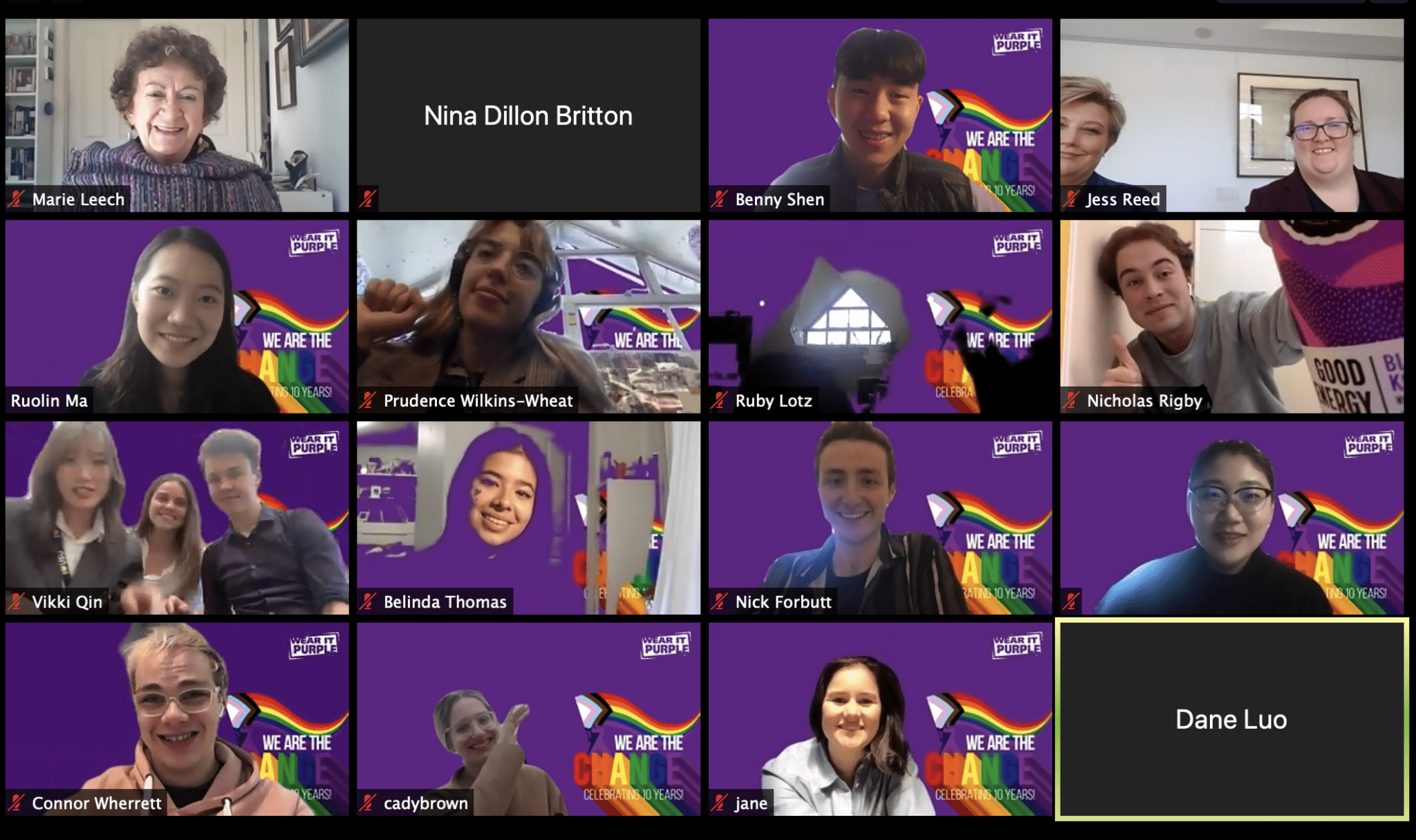In a meeting today, the University of Sydney Union Board voted unanimously to hold a review into the transparency of its meetings, and to call on the University to divest from fossil fuels.
Vice President Nick Forbutt (NLS) moved the transparency review motion, which also calls for the Board to minimise the use of closed meetings and to publicly provide reasons as to why privacy is needed when doing so.
However as pointed out by former Board Director Kade Denton — and author of the Board’s current closed meetings policy — during Honi’s live coverage of the meeting, this does not change the Board’s current policy.
Nevertheless, it appeared an effective reminder that the Board had to publicly justify its decision to move in-camera. In most Board meetings this year, observers have been unceremoniously shunted to a Zoom Breakout Room with no explanation as to what would be discussed when the Board decided to move to a closed meeting.
In today’s meeting, USU President Irene Ma gave a brief explanation that the Board would be discussing “commercially sensitive information” and possibly issues related to staff wages before the Board moved in-camera.
The motion does not discuss, however, when and if Board Directors other than the President can give public comment. Though Board Directors are expected to promote the USU’s activities in public, and several are also publicly politically active outside of the USU, the current understanding is that only the President can represent the USU. In meetings’ question time, observers may only direct questions to the President, and Board Directors have largely avoided responding to questions from Honi about their activities.
When asked to provide comment on the motion, Forbutt referred Honi Soit to President Ma. Prudence Wilkins-Wheat (Grassroots), provided Honi Soit with comment about her motion only after requesting permission from Ma.
The motion on transparency is also the Board’s first public admission that in-camera motions have been used to avoid the public embarrassment of Directors, and are often not in line with the Board’s policy that limits their use to confidential matters (e.g. staff pay, commercially sensitive information).
“Whilst some in-camera decisions pertain to confidential information which cannot be revealed (such as staff salaries and commercially sensitive information), often decisions have been held in-camera without alignment or reference to the USU’s in camera policy,” the motion reads.
In the special meeting of the Board earlier this year, for example, it appeared that Board Directors had used the cover of in-camera to raise concerns that two Board Directors had acted inappropriately by publicly supporting the “Defend Our Education” campaign opposing university cuts.
Maya Eswaran, a now-former Board Director at the centre of the discussion, stated that she had moved a motion to make the discussion public after it was inappropriately raised in the closed portion of the meeting. She stated that Board Directors who had been happy to make criticisms when the meeting was closed were suddenly quiet when the meeting was made public.
Perhaps ironically, the fact that both motions passed unanimously with no discussion indicates that they had already been subject to behind the scenes negotiations.
At last month’s Board meeting, the majority of the Board stalled discussion of Forbutt’s transparency motion. When Forbutt raised the fact that it was due for discussion, Ma suddenly raised that she needed to leave and other Board Directors then said the same.
The Board also voted unanimously to endorse Prudence Wilkins-Wheat’s motion to declare a climate emergency, commit to reducing the USU’s carbon footprint, call on the University to divest from fossil fuel and companies contributing to climate change, and to publicly support School Strike 4 Climate’s upcoming action.
“The University of Sydney Union (USU) has demonstrated lately its commitment to sustainability and eco-friendly practices on-campus. However, it is our belief that more can be done to tackle climate change on a systemic level,” the motion reads.
In 2019, the Board voted to support the Climate Strike and reduce staffing capacity to allow staff to attend.
Wilkins-Wheat tells Honi that the USU needed to move beyond current initiatives that sought to reduce waste or the organisation’s carbon footprint.
“The climate crisis transcends individual action and relies on systematic change to fight the devastating impacts of mining, drilling and fracking. For this reason I believe it is the responsibility of the Union to call on large institutions to fight for and not against climate justice,” she says.
In the meeting, Wilkins-Wheat thanked the work of the SRC’s Environment Collective on the issue, but clarified to Honi that the motion was not written on behalf of the collective. She notes that collective member Cole Scott-Curwood had helped with fact finding and was the impetus for the motion originally.
The USU Board has called for another — likely closed — meeting to be held next Tuesday to discuss its scale of business operations for this semester. Following staff cuts, USU food outlets are opened for shortened hours this semester.
See the rest of Honi‘s live coverage of today’s meeting here.





